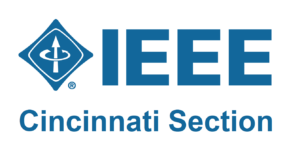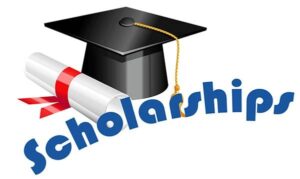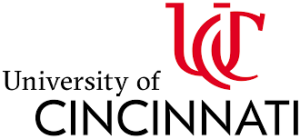JANUARY MEETING
Igniting Electrical Safety
DATE: Thursday, January 22, 2026
PLACE : March First Brewing & Distilling (Voltage Room) (see below for directions)
TIME : 5:30 p.m. Social Time & Registration, 6:00 p.m. Dinner, 7:00 p.m. Presentation (45-60 min)
COST: $15- $20, See information in Reservations
ABOUT THE MEETING: Igniting Electrical Safety: The Exciting Advancements in Arc Flash Compliance!
Join us for an electrifying session that dives deep into the groundbreaking advancements in arc flash compliance! As the electrical industry evolves, so do our safety standards, ensuring that every worker returns home safely at the end of the day.
In this engaging presentation, we’ll explore:
The Revolution of Standards: Discover how the latest IEEE standards—1584-2018, 1584.1-2022, and the newly released 1584.2-2025—are transforming the landscape of arc flash safety. Learn how these standards provide more accurate risk assessments and enhance safety protocols, empowering professionals across the industry.
Real-World Impact: Hear inspiring stories of organizations that have successfully implemented these standards, resulting in significant reductions in incidents and injuries. See firsthand how compliance not only protects workers but also fosters a culture of safety and accountability.
Innovative Tools and Techniques: Uncover cutting-edge technologies and methodologies that are reshaping the way we approach arc flash analysis. From advanced simulation tools to new training programs, learn how to equip your workforce with the knowledge they need to stay safe.
The Future of Electrical Safety: Get a sneak peek into upcoming trends and innovations in arc flash compliance. What does the future hold for electrical safety? Join the conversation and be part of the movement towards a safer workplace!
This is more than just a presentation; it’s a call to action for all electrical professionals to embrace these advancements and champion safety in their work environments. Don’t miss out on this opportunity to be at the forefront of arc flash compliance innovation! Join us and be inspired to ignite a safer future for all!
ABOUT THE PRESENTER: Dave Hernandez is among the nation’s top experts in the Power & Energy sector serving as a Nationally-Licensed Electrical Engineer and a Certified Electrical Safety Compliance Professional. He has held responsible charge of over 2,500 Arc Flash Studies throughout his 20-year career and is frequently retained by international design firms, electric utilities, and law practices. Dave sits on the board of the IEEE 1584 Arc-Flash Hazard Working Group as a Senior Member. He has conducted over two dozen workshops and has been published 11 times through various industry outlets. Dave holds both BS and MS degrees in Electrical Engineering specialized in power systems.
MENU SELECTIONS: Pepperoni Pizza, Cheese Pizza, Bourbon Chicken Pizza, Buffalo Chicken Pizza, Chicken Bacon Ranch Pizza, Margherita Pizza, Italian Sausage Pizza, Veggie Lovers Pizza
LOCATION: March First Brewing & Distilling (Voltage Room) 7885 E Kemper Rd, Cincinnati, OH 45249 (39.27955510134435, -84.34861587323701)
RESERVATIONS: MEETING RESERVATION LINK. Please click on the appropriate link and complete the reservation. Cost is $15 for members advanced registration. Non-members cost is $20 cash at the door.
Reservations close at 11:59 PM on Wednesday January 21st, 2026.
DINNER RESERVATION CANCELLATION POLICY
An email to reserve.cinti@ieee.org prior to the close of reservations is required to properly cancel your reservation.
All Reservations must be made by January 21, 2026
WALK-INS (those without reservations): Due to catering and seating arrangements, reservations are required for this meeting
PE CREDITS: Depending on the subject matter, attendance at IEEE Cincinnati Section Meetings now qualifies the attendee for Professional Development Hours towards renewal of Professional Engineers Licenses. Required documentation will be available following the meeting if qualified! The Section Meetings also provide a great opportunity to network with fellow engineers in the area.
MEMBERSHIP NEWS If you are interested in upgrading your membership to Senior Member, please contact any member of the Executive Committee









